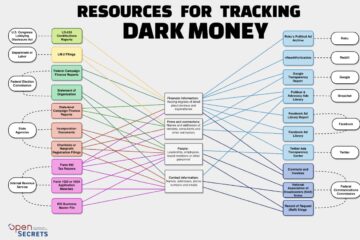Two weeks ago, I was a criminal justice reporter covering enterprise and investigative stories for the Las Vegas Optic. Now, like many of you, I find myself covering the COVID-19 pandemic. Surprisingly, it’s affected me mentally more than anything else I’ve covered—including violent crimes and murders. That’s tough for me to admit, but I think it’s also important to admit it.
For the majority of us, as journalists, this is unlike any breaking news story we’ve ever covered. And as humans, it’s unlike anything we’ve ever experienced.
On March, 25, Investigative Reporters and Editors hosted a webinar for reporters covering COVID-19, focused on managing stress and trauma. Panelists included Al Tompkins of Poynter and Sidney Tompkins, a licensed psychotherapist. The webinar was hosted by IRE Executive Director Doug Haddix.
As part of SPJ Rio Grande’s mission to help journalists through this crisis, I’ve compiled a brief recap of some points from the webinar I found to be useful and important.
Key webinar points:
– This is not going to last forever. It’s temporary.
– For watchdog journalists, there will be a ton of work ahead because the amount of fraud and corruption that’s going to come once $2 trillion is released into the economy will require journalists to keep watch and hold the powerful accountable. Al Tompkins of Poynter urged journalists to watch whats going on now and collect records. “Gather thread now that you’ll be able to turn into sweaters later,” Tompkins said.
– Recognize that you’re under a lot of pressure at work and at home, and recognize when you’re feeling stressed, then act on it before it builds. Remember that social distancing doesn’t mean social isolation. Stay in touch with friends and coworkers. Call old friends. Don’t withdraw; don’t hide in a shell like a turtle.
– Remember that your work matters. You’re doing good things to help inform the public, to question systems and people in authority. But you have to take care of yourself in order to provide this service.
– Watch out for self-damaging habits that can creep in such as drinking, smoking or bad eating habits.
– Are you doing something that’s harmful to yourself or others? Identify it and stop it.
– Keep photos of your pets and loved ones nearby or on your phone. Look at them often to remind yourself why you do what you do, and as a reminder of what matters in your life.
– Unplug. It’s our job to know what’s going on, but there comes a time when you have to shut off the news. Limit it to things that pertain to items you need for your job. You’ve got to take a break though. It doesn’t mean you’re a bad journalist, it means you’re a balanced person.
– Don’t watch news right before you go to sleep. Watch something uplifting and calming.
– Don’t check your email if you wake up in the middle of the night; don’t check it first thing in the morning either. Try to get at least 7 hours of sleep.
– Take care of yourself. It’s a marathon, not a sprint.


